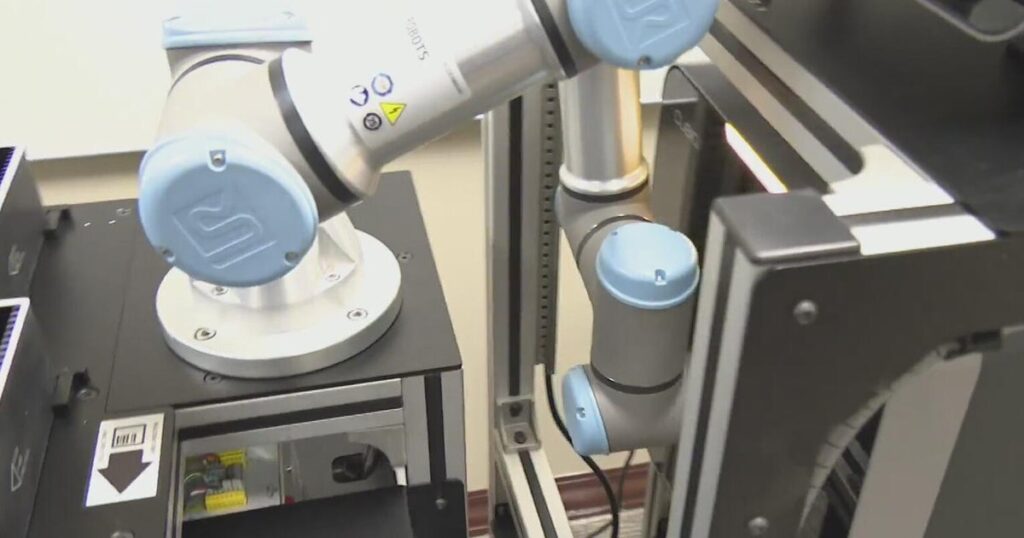The world of artificial intelligence continues to grow, and now, researchers want to further its use in medicine. The University of Pittsburgh and Leidos on Friday announced a new, multi-million-dollar partnership.
Leidos announced it is investing $10 million into the university to help fast-track the use of artificial intelligence in medicine.
The announcement builds upon the $37 million Leidos has given to Pitt over the past couple of decades. It’s a new chapter in a nearly 20-year relationship.
“One of the things that we’re excited about with this partnership is that the University of Pittsburgh and ourselves are not starting from scratch,” said Liz Porter, President of Leidos’ Health & Civil Sector. “We see this as the initial entry point into where we’re going to go with artificial intelligence.”
The collaboration is five years long.
“It’s basically gonna further fuel our current CPACE team to be able to do additional co-product development between us and Leidos as partners,” another speaker said.
Those developed products could go a long way in helping to spot things like cancer more quickly.
“Think about early detection of disease or diagnoses,” Porter said.
There will be a focus on improving care for military families and veterans, even in rural communities.
“It’s about delivering smarter and more equitable care,” Porter added.
The investment will help to continue developing Pitt’s Digital Pathology Research Center. Part of the goal is to deploy some of these solutions not just here, but also globally.
“We need to leverage AI, really, to continue to deliver medicine so that we can provide personalized medicine to every patient that comes to us for healthcare,” another speaker at the event said.
They’re solutions that can also lower costs in the long run for patients, too. It’s about using artificial intelligence for things like workforce development as well.
With a new canvas in this partnership, the people with both Pitt and Leidos say they’re optimistic about what’s next.
“Keep your seatbelts on, because there’s a lot more to come.”
Porter added that we could see some tangible outcomes from this in a short time.


